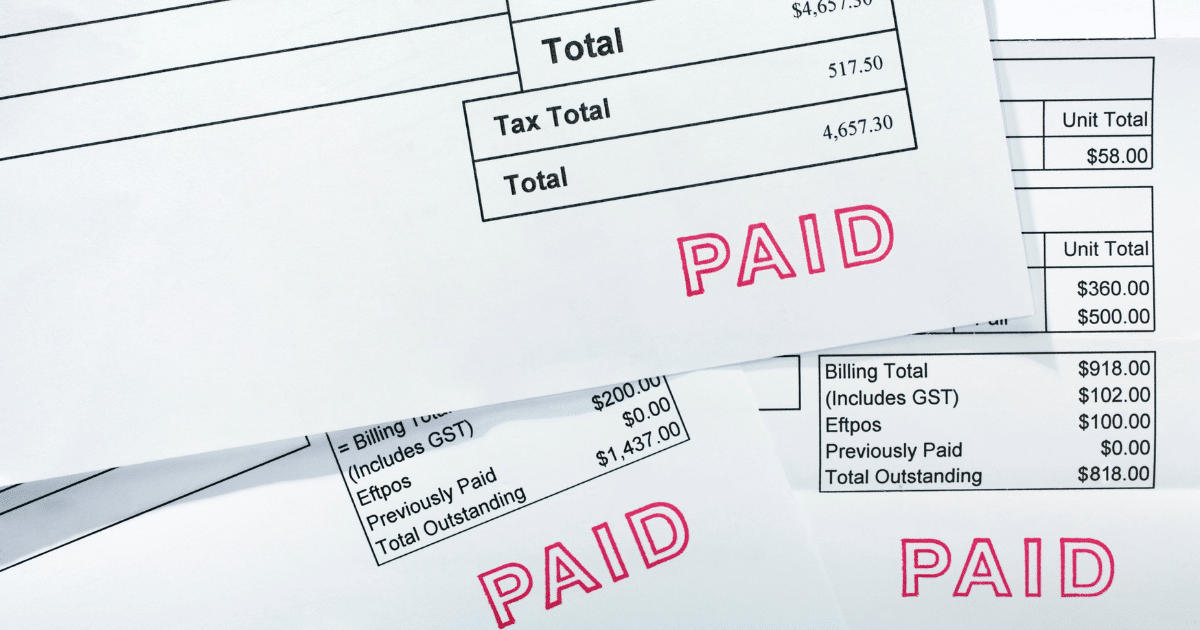Of course you invoice your finished work! What’s the point in doing the work if you don’t get paid? Sooner sent, sooner paid, but surely it doesn’t matter which side of 30 June you send them, right?
You bet it does! As a business owner, you know that you invest your business’s money in materials and labour to produce the goods and services that create income. So, it makes sense that if you have a workshop full of undelivered goods, or a computer drive full of professional services still to be sent onto your clients, you have a GOLDEN EGG that delivering and invoicing can hatch into cash.
Despite that golden egg, or ‘work-in-progress’ (WIP) being an asset that provides value to your business, it won’t pay your bills until you invoice it and receive payment. It ties up your cashflow and misrepresents your cash position. It actually isn’t income until it produces revenue—and you need income to make a profit.
While that makes sense, why is 30 June a big deal when it comes to invoicing?
Many business owners try to minimise their tax-paying position by suppressing their profit. The alternative to profit is loss, which is inherently unsustainable.
A healthy business keeps producing and keeps earning.
Business growth is an indicator of business success and those who focus on tax minimisation as the overarching goal for their business will find it easy – simply make a loss and avoid any tax on profit. Those who want to create a sustainable and healthy business that supports its owners, employees and customers will always look for growth opportunities.
Just like you or I, customers too want to know their position. Delayed invoicing from their suppliers puts them in an awkward position of having to put aside cash for the product or service without the benefits they are paying for.
And 30 June?
How does it affect my taxable income if I have sent the invoice but not received payment before the end of the financial year?
That depends on whether your business uses accruals or cash accounting.
Accruals accounting considers the income earned (or the expense paid) on the date of the invoice, regardless of the actual date of payment. Cash accounting does not recognise income until it has been received in your bank account (or the expense paid until the date you paid it).
Some businesses use cash accounting for GST purposes so they do not have to pay GST on income they have not yet received, but use accruals accounting for end of year tax.
Ideally, you will have invoiced and been paid for all completed work prior to June 30. In the real world, this is unlikely. With accruals accounting, all invoiced work is recognised as income earned during the financial year. This gives you a clear cut-off to know how well your business performed during the year.
A small business with limited cashflow might use cash accounting for income tax purposes. This means that it will only pay tax on income it has actually received. In this case, the balance sheet will show the accounts receivable amount as an asset. You can use this to help assess your business performance for the financial year.
A workshop/computer drive full of WIP may indicate that your products are in high demand; it does not have to reflect unrealised income. The important thing to remember is to keep the workflow moving and to invoice all work on completion.
[ENDS]

